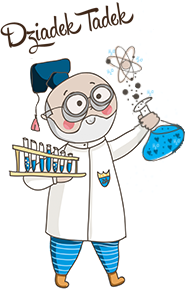Stones form in the human body mainly as a result of metabolic disorders, regardless of the hardness of water consumed. Stones in the human body are deposits of insoluble oxalates.
Boiling water causes some of the minerals – in particular calcium and magnesium compounds – to precipitate in the form of a deposit (scale). This softens the water but also impoverishes its mineral composition. For this reason it is not recommended to boil water for drinking.
By-products of water disinfection do not accumulate in the human body , and moreover their concentration in water is strictly monitored and never exceeds permissible limits so they are completely safe.
Water fsupplied by our company is of the same high quality as in other European cities because the quality requirements laid down in Polish regulations are as stringent as EU requirements, and some indicators must meet standards even more rigorous than those laid down by the EU laws.
Chlorine is a disinfectant which guarantees the microbiological safety of water. The doses of chlorine used in tap water have no harmful effects.

It was the water systems supplying water
disinfected with chlorine that stopped devastating epidemics in the last century, thus extending the average life expectancy to a level unprecedented in human history.
Wodociągi Miasta Krakowa - W Krakowie dobra woda prosto z kranu
Wodociągi Miasta Krakowa - Awarie i informacje o wyłączeniach wody
Wodociągi Miasta Krakowa - Youtube
Wodociągi Miasta Krakowa - LinkedIn
Wodociągi Miasta Krakowa - Instagram